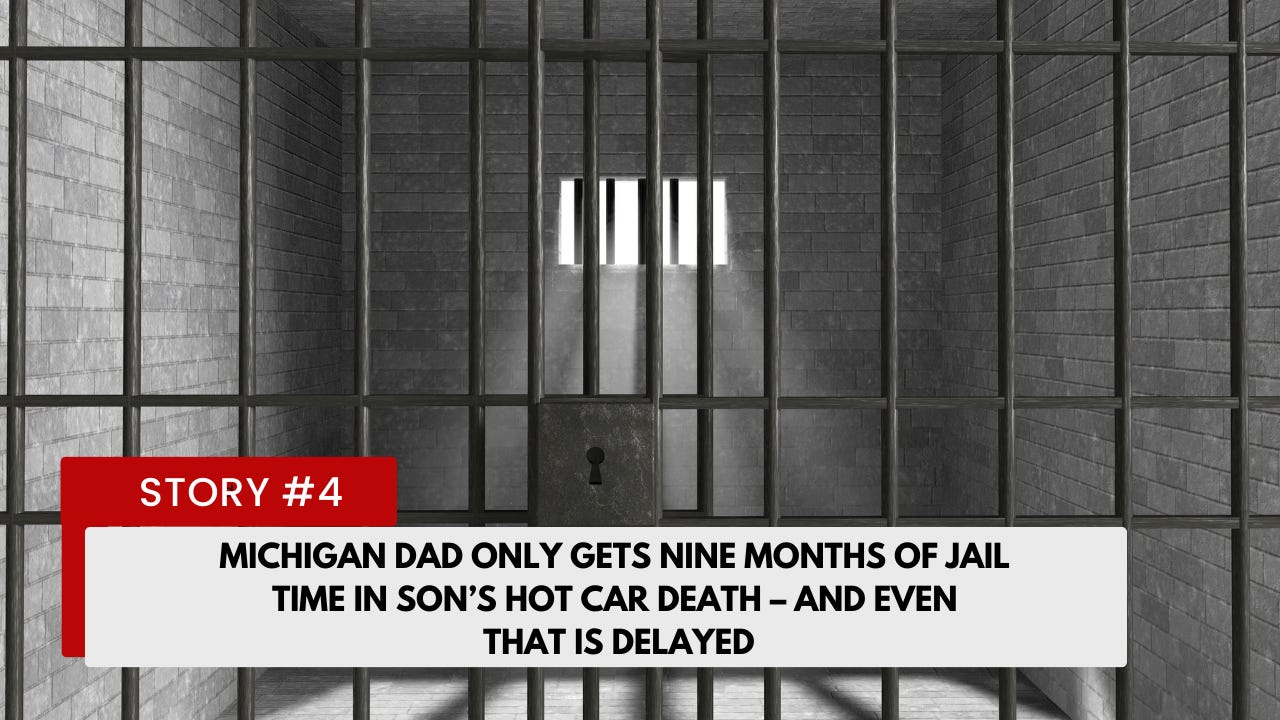Thank you for being paid subscribers. Get the Substack APP to watch my live video and stay updated.


WASHINGTON D.C. - BlackRock CEO Larry Fink, historically a supporter of green energy initiatives, acknowledged that wind and solar alone “can’t reliably keep the lights on” without “major breakthroughs in storage” and wrote that it’s necessary to be “clear-eyed about our energy mix” in his annual chairman’s letter to investors on Monday.
Fink supported the transition to green energy in the past and heads BlackRock, the world’s largest asset management company, which has pushedfor Environmental, Social and Corporate Governance (ESG). Fink said in 2023 that he would no longer use the term ESG due to its political connotation, though he’s “not ashamed” of the term and believes in “conscious capitalism.” Fink praised nuclear power and raised doubts Monday regarding the reliability of solar and wind energy alone due to storage issues in his annual chairman’s letter. “We need energy pragmatism. That starts with fixing the slow, broken permitting processes in the U.S. and Europe. But it also means being clear-eyed about our energy mix,” Fink wrote in the letter. Click here to read more.

WASHINGTON — The most recent border crossing numbers from the U.S. government show the lowest monthly total ever recorded.
In March, the Border Patrol data shows that around 7,180 southwest border crossings were recorded.
U.S. Customs and Border Protection officials said it's a dramatic drop compared to the monthly average of 155,000 from the previous four years. Daily southwest border apprehensions also fell to around 230 per day, a number CBP officials said is one that the United States has never seen before.
In the Trump administrations report released Tuesday, CBP noted that the Biden administration experienced 5,100 crossings in a day.
CBP added that last month's border crossings in the southwest mark a "pivotal achievement in our nation’s border security efforts." Click here to read more.

SALT LAKE CITY - Utah is now the first state to ban fluoride in public drinking water, despite widespread opposition from dentists and national health organizations.
Fluoride in public drinking water has benefits and drawbacks. Positives include reduced tooth decay, especially in children, as it strengthens enamel and prevents cavities—supported by decades of public health data.
It’s cost-effective, benefiting communities broadly. Negatives involve potential overexposure, leading to dental fluorosis (mild tooth discoloration) or, in rare cases, skeletal issues.
Some argue it’s an ethical concern, mass-medicating without consent. While deemed safe by major health bodies like the CDC, debate persists over necessity and individual choice. Click here to read more.

ATHENS, Mich. – A tragic summer day in August of 2024 ended with the death of a three-year-old boy left strapped in a car seat in a hot SUV with the windows rolled up for over eight hours. His father, 36-year-old Chad Martin of Athens, has avoided immediate jail time so far.
Martin was sentenced Thursday, March 27th in Kalamazoo County Circuit Court to nine months in jail and three years of probation for the death of his son, who was discovered lifeless in the backseat of Martin’s vehicle on August 13, 2024 after temperatures outside of the vehicle had climbed above 80 degrees.
But in a controversial move, the Kalamazoo County Circuit Court judge delayed Martin’s jail time until a status hearing in December. According to WWMT-TV, the decision will hinge on Martin’s progress while on probation, leaving open the possibility that he may never serve a day behind bars. Click here to read more.

FARMINGTON HILLS, Mich. - As a home burned early Tuesday morning, sending deep black clouds of smoke into the sky, four Farmington Hills police officers kicked their way into the home to rescue 8 people from the inferno – putting their own lives at risk.
During a press conference Tuesday afternoon, Farmington Hills Police Chief John Piggot and Fire Chief John Unruh spoke about the fire and the bravery of the officers to rush in. Piggott said there's no doubt in his mind that their actions save people's lives.
"Failure to act is going to result in people dying and that's where you're proud that all the training and all their instincts went to this, like their instincts were to save lives. And, you know, when when you watch the video for the first time and you see the officer running up to that front door and without hesitation, kick the door and go straight in. And there wasn't any hesitation," PIggot said.
The 8 people rescued from inside the home are expected to be okay. Three of the four officers are hospitalized with breathing issues after inhaling the black smoke. Click here to read more.



















